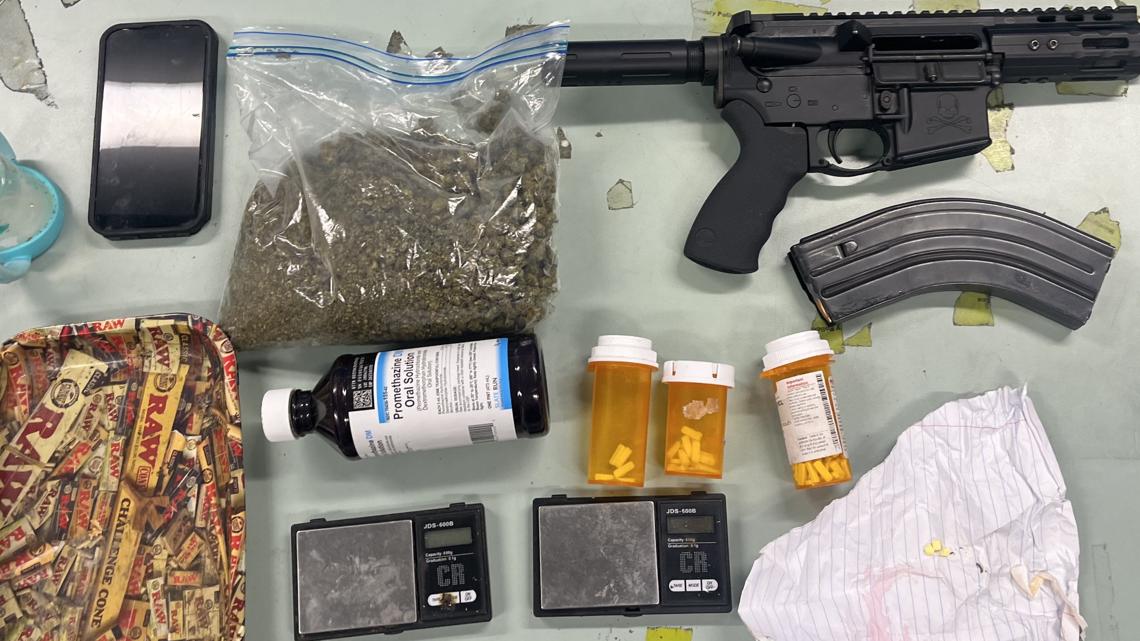The algae mats were detected in the Potomac River in the area from Edwards Ferry to Great Falls, officials said. Here's how to keep pets safe.
MONTGOMERY COUNTY, Md. — The Maryland Department of Natural Resources (DNR) wants pet owners to be aware of dangerous algae mats spotted in the Potomac River. The algae mats were in the area from Edwards Ferry to Great Falls, and could be harmful to your pets, officials said.
Pet owners are urged to keep their animals out of the water in the affected area until further notice. The algae has the appearance of mats of fine, green cotton and can be found along the shoreline, attached to rocks or plants, on the bottom, or floating downstream.
While there is not a threat to human health, experts advise avoiding contact with these mats. Anyone who was in contact with the water recently and has any kind of illness or symptoms should seek medical attention, DNR officials warn.
According to the Centers for Disease Control and Prevention (CDC) Cyanobacteria, also called blue-green alga, are microscopic organisms that can be found naturally in all types of water. Sometimes cyanobacteria rapidly grow out of control, or bloom. The blooms can make toxins that are deadly to animals. The toxins can cause pets and livestock to become very sick and die within days or even hours after swallowing them.
The CDC says pets should not do any of the following in the area of a bloom:
- Drink the water
- Swim or play near the water
- Eat near the water
- Lick their fur after being in the water
- Eat dead animals, such as fish, found near the bloom
- Eat the algae mats
- If your pets or livestock have been in the water, immediately wash them off with clean water to keep them from licking cyanobacteria off their fur.
Call a veterinarian if your animal shows any of these signs:
- Loss of energy
- Loss of appetite
- Vomiting
- Stumbling and falling
- Foaming at the mouth
- Diarrhea
- Convulsions
- Excessive drooling
- Tremors and seizures
- Any unexplained sickness that occurs within a day or so after being in contact with water
Contact Poison Control at 1-800-222-1222 if you have questions about cyanobacterial toxin poisoning.
Call the ASPCA Animal Poison Control Center at 1-888-426-4435 with questions about your pet.
Maryland DNR says monitoring will continue, and the public will be updated once conditions improve in the area.
.png)









 English (US) ·
English (US) ·